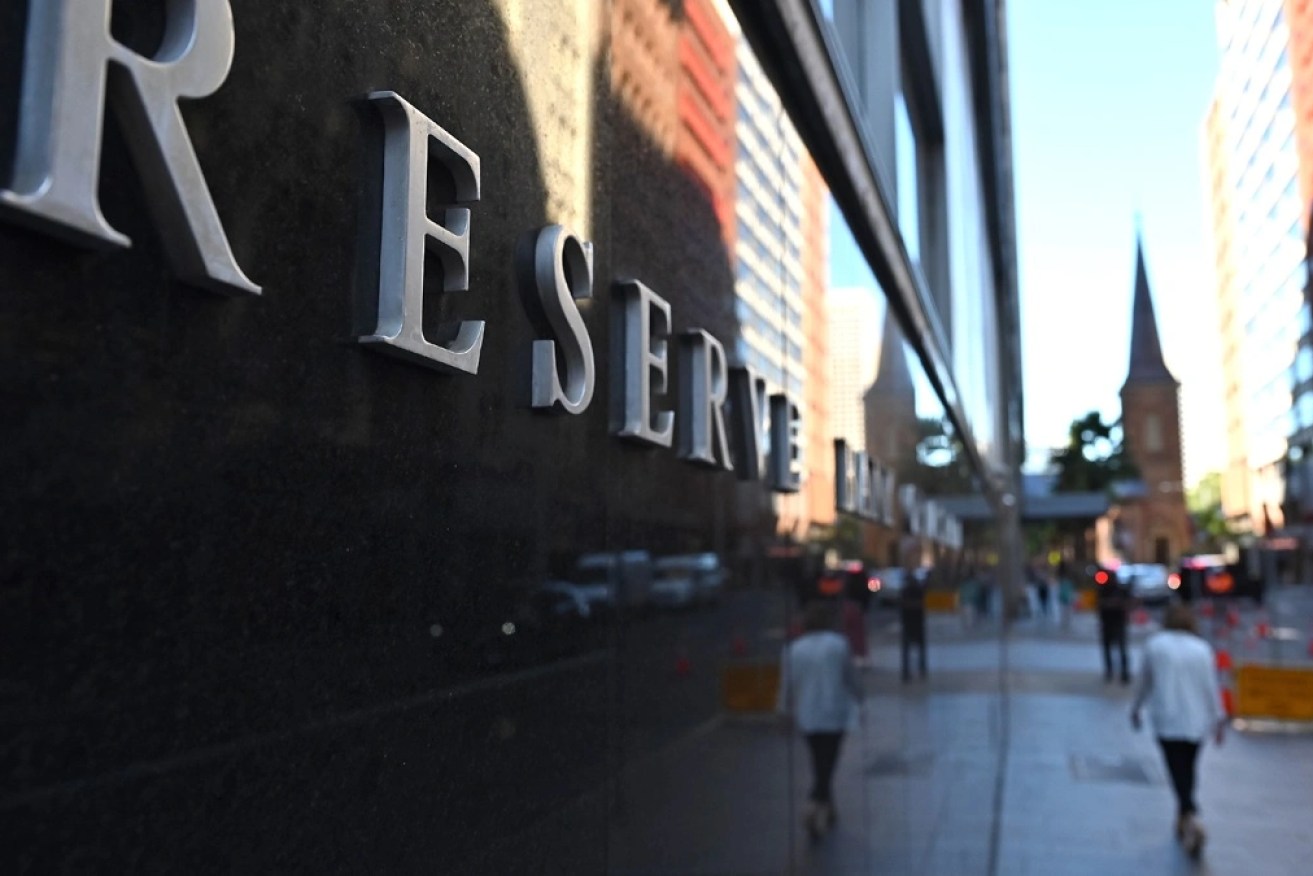Australia must confront climate risks: RBA

The RBA says its inflation forecasting was impacted by "unforecastable shocks". Photo: AAP
Australia must take action now to reduce the risk that climate change poses to a financial system that provides mortgages, insurance and protects savings, the central bank says.
“These are complex issues and our understanding of how best to respond will evolve over time,” Reserve Bank of Australia head of domestic markets Jonathan Kearns said in a speech to the Credit Law Conference in Sydney on Wednesday.
“But it is critical that financial market participants and regulators act now to best manage the financial risks and facilitate the associated opportunities.”
He said there were strong benefits to addressing issues related to climate change “sooner rather than later”, and broad agreement to do so.
“Delaying action will not only make climate change worse, it will make the implications for society, the economy and the financial system more severe,” Dr Kearns said.
He said general insurers have “a bit of a head start” in managing the financial risks of climate change but need to plan for larger potential losses.
Some regions may also lose cover, or have lower payouts, which he said could have significant implications for homes and businesses.
He said banks had less experience modelling the financial impacts of climate events, and so had more work to do to develop their management of these financial risks, including the impact over the 25-year span of a home mortgage.
Superannuation fund trustees faced liability risk if they did not disclose, address and manage the effects of climate change sufficiently for their customers and owners, Dr Kearns warned.
“While super funds don’t operate as direct channels of financial stability risks from climate change, they could become indirect channels if they were to contribute to rapid price falls through large sales,” he said.
Average temperatures in Australia have risen 1.4C since 1910, and climate scientists tell us that with current policies average temperatures will rise 2.7C above pre-industrial levels by 2100.
“We have seen how climate change is already affecting people’s lives in Australia and around the world, and it will keep doing so, he said.
The frequency of extreme weather events has increased, with more days having excessive rainfall and high fire danger.
Dr Kearns said the climate would continue to warm, with associated changes in the overall climate system over the next 20 to 30 years, largely irrespective of our emissions trajectory.
“But our actions over coming years will obviously affect the ongoing path of climate change.”
– AAP








